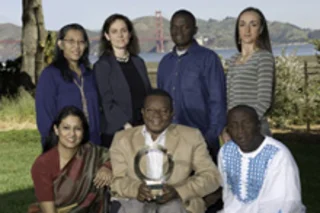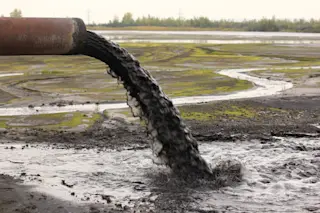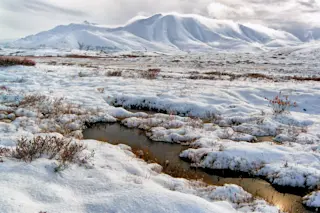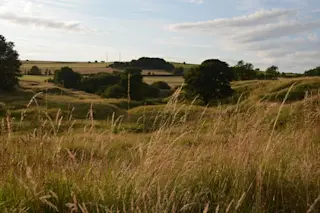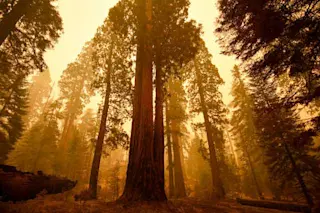Seven grassroots activists who fought powerful polluting industries and often stood up to intimidation are now receiving rewards and recognition: They're winners of the Goldman Environmental Prize, sometimes called the environmental Nobel Prize.
Each year winners are chosen from the six inhabited continents: Africa, Asia, Europe, Islands and Island Nations, North America, and South and Central America [USA Today].
Each winner receives a $150,000 purse. The winner from North America, Maria Gunnoe, took her stand against coal mining companies in Appalachia, where companies commonly blast the tops of mountains apart to expose hard-to-reach coal seams, and dump the debris in the valleys.
"I never even knew I was an environmentalist," Gunnoe, who lives in southwestern West Virginia, said with a chuckle. Though raised to mind her own business, she was also taught to fight when attacked. That's how she sees the destruction of her gardens and orchard.... Gunnoe's home sits ...


